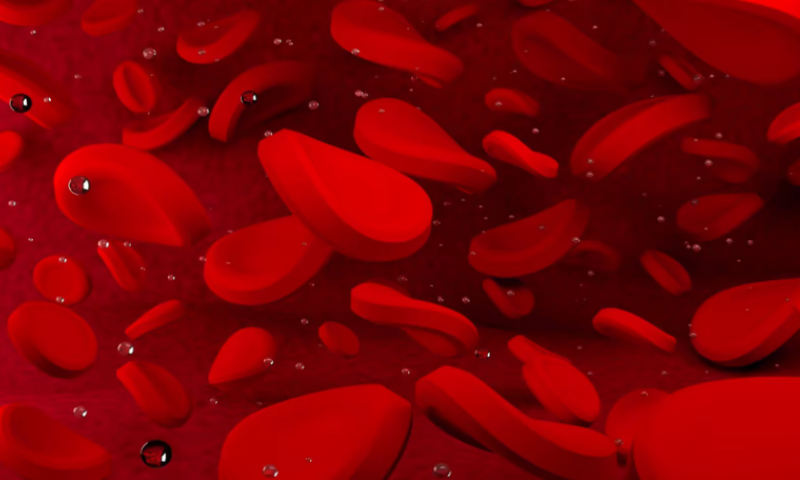89bio has hailed mid-stage data as proof that its prospective NASH drug can also lower high blood lipid level.
A phase 2 study of pegozafermin, called Entrigue, met its primary endpoint of demonstrating statistically significant reductions in triglycerides—a type of lipid found in the blood—from baseline across all four dose groups given to a total of 85 patients with severe hypertriglyceridemia. The condition is associated with a number of potentially dangerous conditions including pancreatitis and coronary artery disease.
The largest median reduction in triglycerides among patients not on any background therapy was 62% seen by the 27 mg dose group, compared with 50% for the 9 mg dose, 59% for the 18 mg dose and 21% for the 36 mg dose cohort. Patients on placebo but no background therapy saw a median reduction in triglycerides of 5%.
Mean changes in non-HDL cholesterol—a key marker of cardiovascular risk—ranged from a 9% reduction in the 36 mg cohort to a 29% reduction in the 27 mg group, compared to a 3% drop for placebo. When it came to liver fat, the 9 mg cohort saw the biggest reduction at 55%, while the smallest drop was 37% among the 36 mg group. Patients on placebo saw their liver fat reduced by a mean of 5%.
Pegozafermin, which was taken by patients in either weekly or bi-weekly doses, also demonstrated a significant reduction in liver enzymes and an improvement in glycemic control markers. The study’s results were consistent in patients both on background therapy such as statins and prescription fish oils, as well as those without, 89bio noted.
The drug continues to be generally well tolerated with a favorable safety profile across doses consistent with prior studies, 89bio said. The most commonly reported treatment-related adverse events were nausea, diarrhea and injection site reactions, all of which were classified as mild or moderate. No tremors or transaminase elevation adverse events were observed, the biotech added.
The data tee up the biotech for a phase 3 trial in hypertriglyceridemia in the first half of next year, said Chief Medical Officer Hank Mansbach. “These results also build confidence in our ongoing phase 2b Enliven trial in NASH with data expected in the first quarter of 2023,” he added.
If successful, pegozafermin could become the first analog of fibroblast growth factor 21 to market, 89bio CEO Rohan Palekar said.
“[Severe hypertriglyceridemia] remains a significant market opportunity with a large patient population who are underserved with the existing therapeutic options,” Palekar added. “In market research, physicians have indicated a strong preference for a drug that could address the metabolic co-morbidities, especially the liver fat benefit seen in a majority of these patients.”

